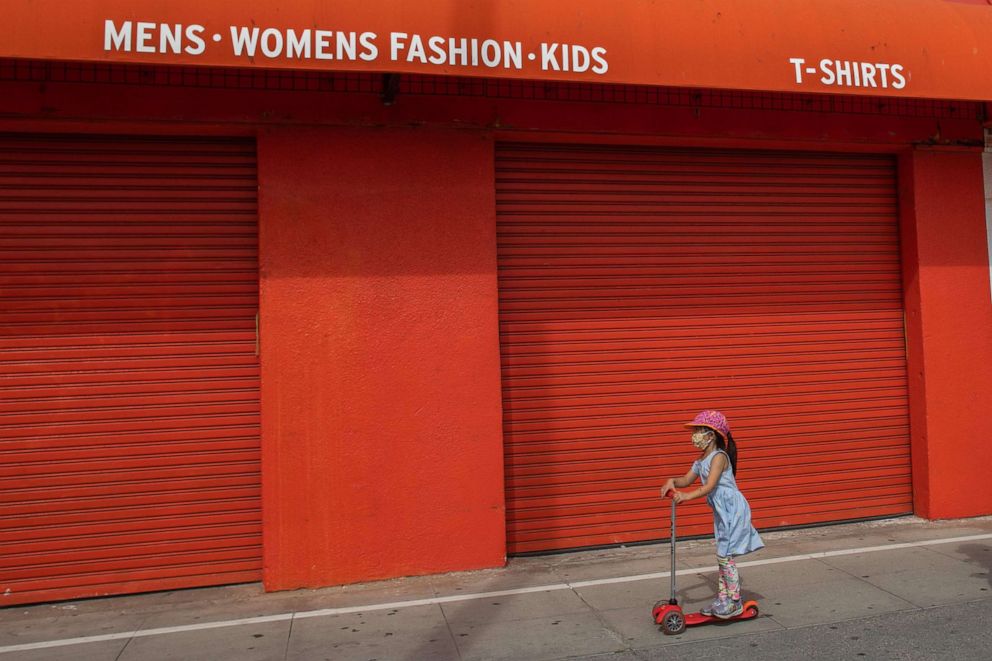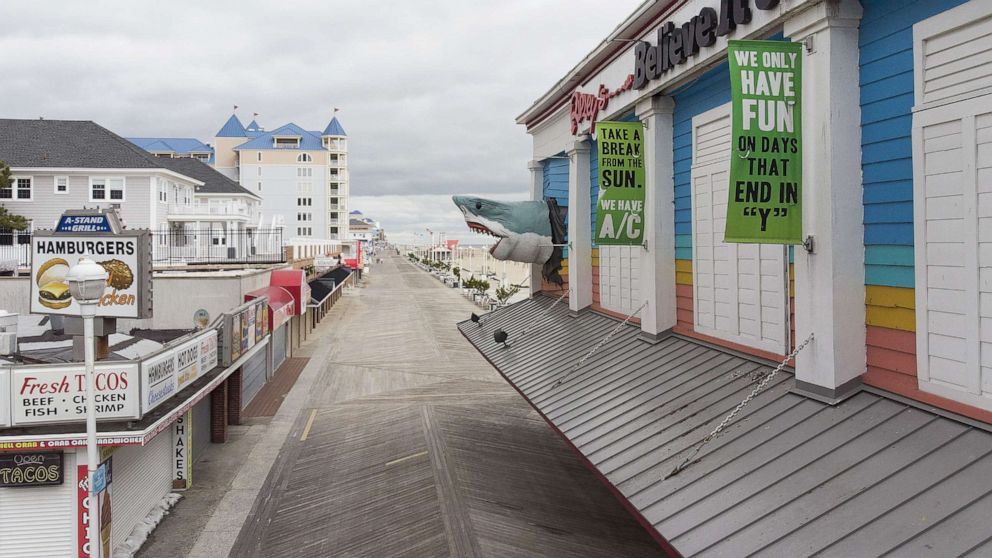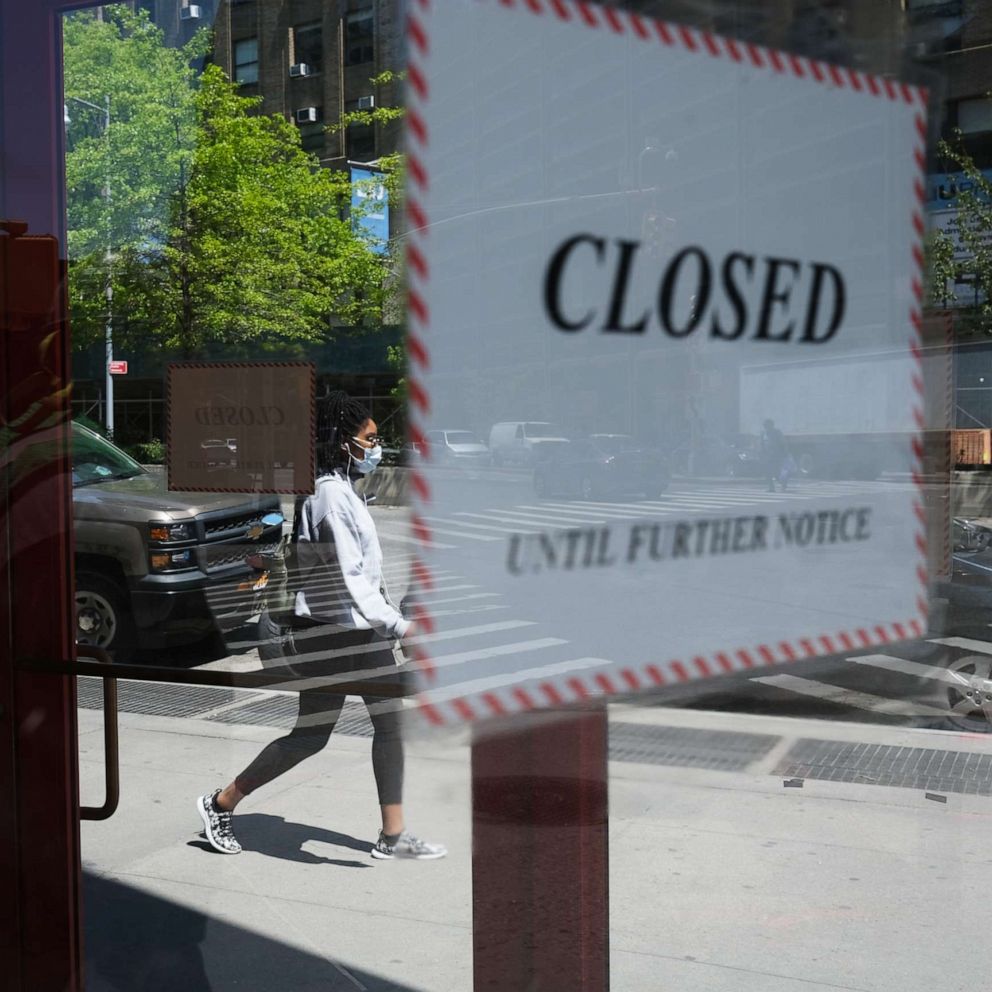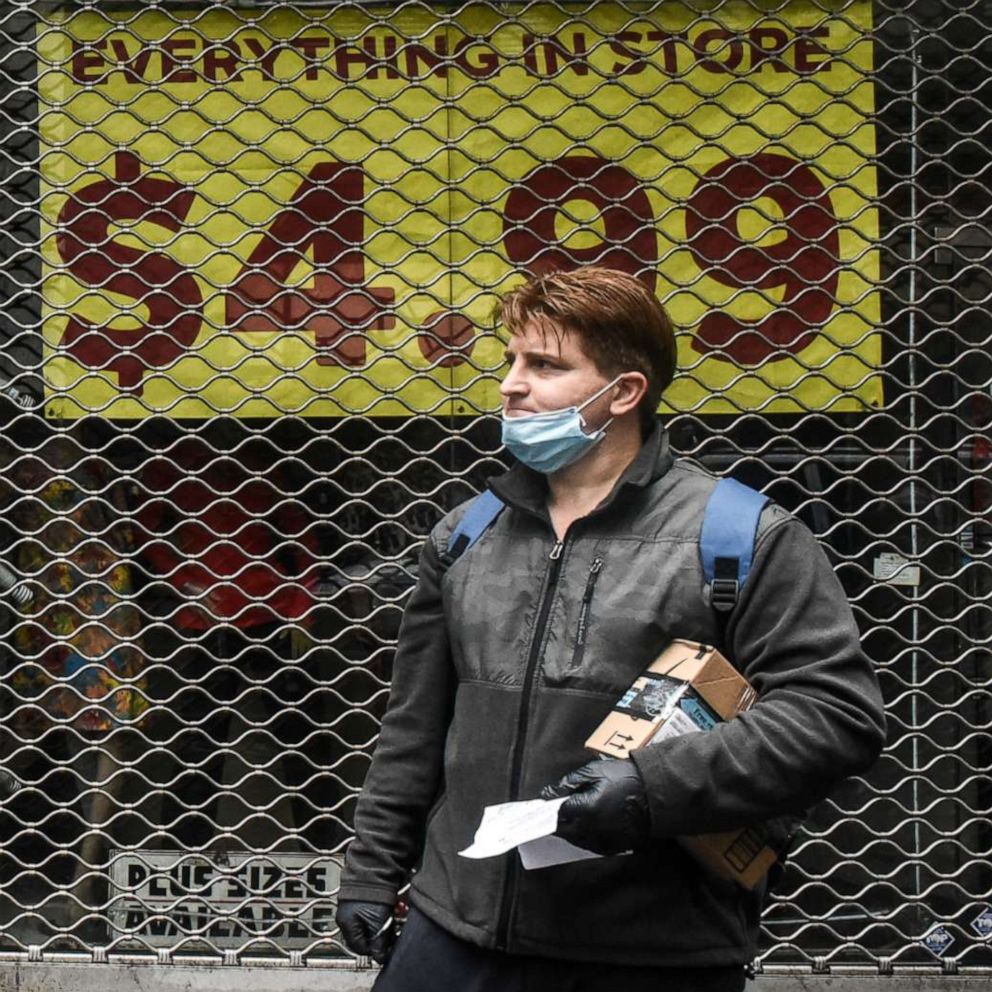Amid confusion, some foreign-owned businesses score millions in PPP loans as others go empty-handed
With just a hair over a hundred employees, Cinedigm, an entertainment company based in Los Angeles, has a relatively modest headcount. But it's not your typical small business.
The publicly-traded company raked in more than $50 million in revenue last year, thanks in part to partnerships with streaming giants like Amazon and Netflix. Majority-owned by a Chinese private equity firm, Cinedigm has also accessed millions of dollars through loans from its parent company.
Now, a recent filing shows Cinedigm turned to the taxpayer-funded Paycheck Protection Program (PPP) for support during the coronavirus pandemic, taking out a potentially forgivable loan of $2,151,800.
The company did not respond to ABC News' request for comment, but said in its filing that it "intends to use all proceeds from the PPP Loan to retain employees, maintain payroll and make lease and utility payments to support business continuity throughout the COVID-19 pandemic."
Cinedigm is not the only public company to draw scrutiny for applying for PPP funding meant to support small businesses, but its subsidiary status to a Beijing-based asset manager draws attention to another question that has dogged the lending program since its inception: Do foreign-owned entities qualify for PPP loans?
Business owners and experts say a lack of guidance on the matter has led to uncertainty among applicants and lenders -- shutting out some small businesses owned by immigrants that may qualify, while allowing other foreign-owned companies to cash in.








